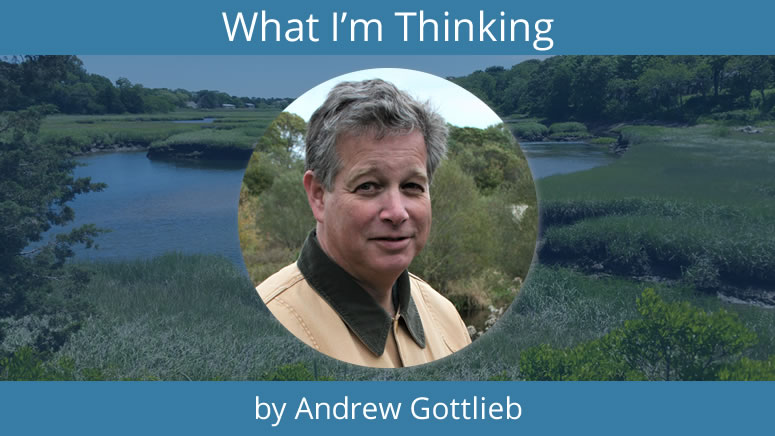Over the course of the last few days, I have had the pleasure of seeing two pairs of bald eagles, one set mature and the other juveniles patrolling a nearby pond. The beauty and majesty of these birds, along with the other raptors who grace our skies, serve as a reminder that their presence is not a given. They, and the ospreys we all now celebrate, are fairly new returnees to our skies, greatly aided by preservation efforts and the banning of the DDT that made their eggs too fragile to be viable.
The progress made bringing these species back from the brink is being undermined by the use of poisons targeted at rats and mice, but which kill indiscriminately. Most of the rodent poisons sold work by blocking the coagulation of blood and effectively cause the consuming animal to die of internal bleeding. The problem for predatory birds that eat rodents and other small mammals is that in the act of dying, these poisoned animals are easier to hunt. When eaten by a raptor or owl, these poisoned rodents, squirrels, chipmunks or any other small animals attracted to the poison bait pass the toxins to the bird. Feasting on easy to capture dying animals provides a sometimes-fatal dose of poison that leads the birds to die of internal bleeding.
Pretty much no one sets out to poison raptors and owls, but that is one very real outcome of the use of poisons to control rodents. As we have often discussed, with the changing landscape practices to eliminate the use of herbicides and pesticides, the advice here is to save the life of a spectacular raptor or owl and stop the use of poisons to control rodent populations.
If you must deal with rodent populations, focus first on removing the reasons they inhabit your property. Remove outside food sources, carefully manage bird feeders, eliminate outside trash storage, disrupt underground nest holes, and attract raptors and owls to your yard to help with natural predation. Try live traps to avoid killing non-target species and, if you must kill, then use non-poison reliant traps.
Good things don’t happen by accident. We have majestic birds of prey because of focused efforts to bring them back. The mindless use of rodenticides is a real threat to the very predatory birds who help bring balance to nature by keeping rodent populations in check.
This is an easy one folks; stop purchasing and using rodenticides in your home or yard, instruct your pest control company not to use poisons on your property and focus your efforts on making your property less appealing to rodents. And if a few mice or rats hang around your yard, maybe one of the owls, hawks or eagles that didn’t die from accidental poisoning will kill it and eat it for you.


